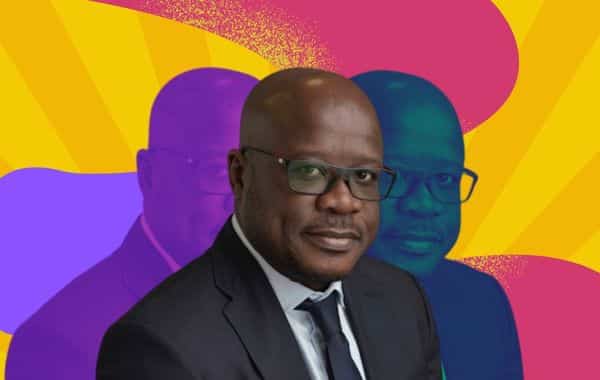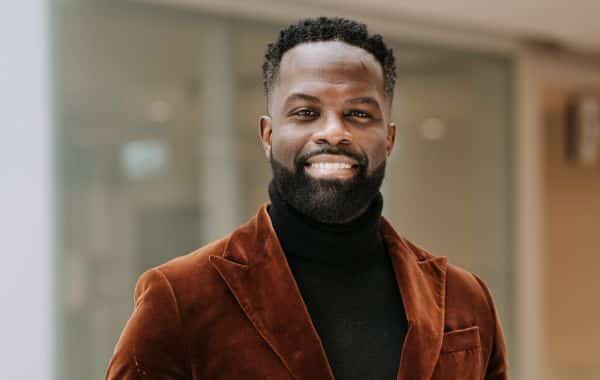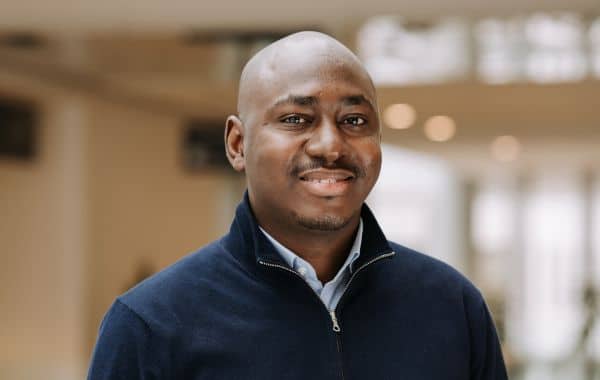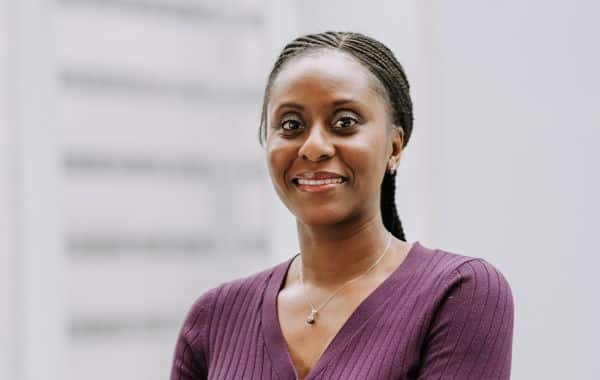In honor of Black History Month, the EMBA McGill-HEC Montreal spotlights just some of our brightest black alumni. They share their thoughts, inspiring journeys and what Black History Month means to them.

Freddy Messanvi
General Manager – British American Tobacco, West and Central African Markets
What do you do for a living?
I am currently General Manager for British American Tobacco in West and Central Africa markets in charge of the distribution and sales of tobacco products across various countries.
What is your personal mission?
I want the rest of the world to truly recognise the value that Africa and Africans bring especially in the corporate sector.
One way to achieve this is ensuring that meritocracy is embedded and recognised in our African societies. I believe that it is one of the key pillars for development and progress for the continent. Since I started my professional journey, I have tried to embed that meritocracy spirit as a person and leader from recruitments, promotions, recognitions etc.
Why is this important to you?
It is important for me because I have seen the benefits of a society that puts meritocracy and competence as priorities to ensure the society’s development. So for me we should push for these values in every part of our society, from the private sector to the public sector. I am not thinking of meritocracy based on IQ or academic results only but more when it is underpinned by greater equality in opportunities.
Why did you decide to do this in life?
I am African and even if I had the “privilege” of being raised in Western Europe, it became more obvious to me as I became a young adult that my African heritage was perceived as being third-world or underdeveloped and there was an invisible glass barrier for Africans. I realised that we Africans had to rise up and fight harder to be duly recognised. and for me this will start by changing the way we lead or build our societies, the change should start from within, from us, by taking a conscious commitment that we must transform our societies by promoting new set of values. I am not saying that meritocracy or competence is the only way but I strongly think that it is part of the recipe for the transformation. Other people may say discipline is also important but for me Meritocracy is key.
What obstacles have you faced so far?
It is not easy to change what is sometimes culturally entrenched in a society and also the fact that because of the history of our continent with the slavery and the colonization we lost a bit of our identity.
It is important to rebuild that confidence in us as a civilization that has also contributed to humanity’s progress just as with other civilizations. This is something that will not happen overnight but I must admit that as Africans we have come a long way and I am proud of our achievements as a people and continent even if there’s more to be done.
What does Black History Month mean to you?
For me it is the time to reflect and to work on restoring what has been taken from us and more importantly to point out the fact that although we are in the 21st century, Africans and people of African descents still face discrimination, inequality, systemic racism even in our organizations.
A black person faces systemic racism at work, in private and in public. When you look at the top management of many corporate organisations, multi-country agencies, the media, sports etc industries, you hardly find African representation despite the popular diversity and inclusion campaign that has become a global phenomenon.
We often see that the tolerance level for mistakes made by a black person is differently applied when same mistakes or actions are done by a non-black. This has to change one way or the other.
So as I said the Black History Month is the reminder that we have come a long way and we still have a long way to go. Most importantly, we as Africans need to look inwards, develop our value systems from within and keep fighting for what we believe in because no one else but us can tell our story or understand the challenges we face as a race.



